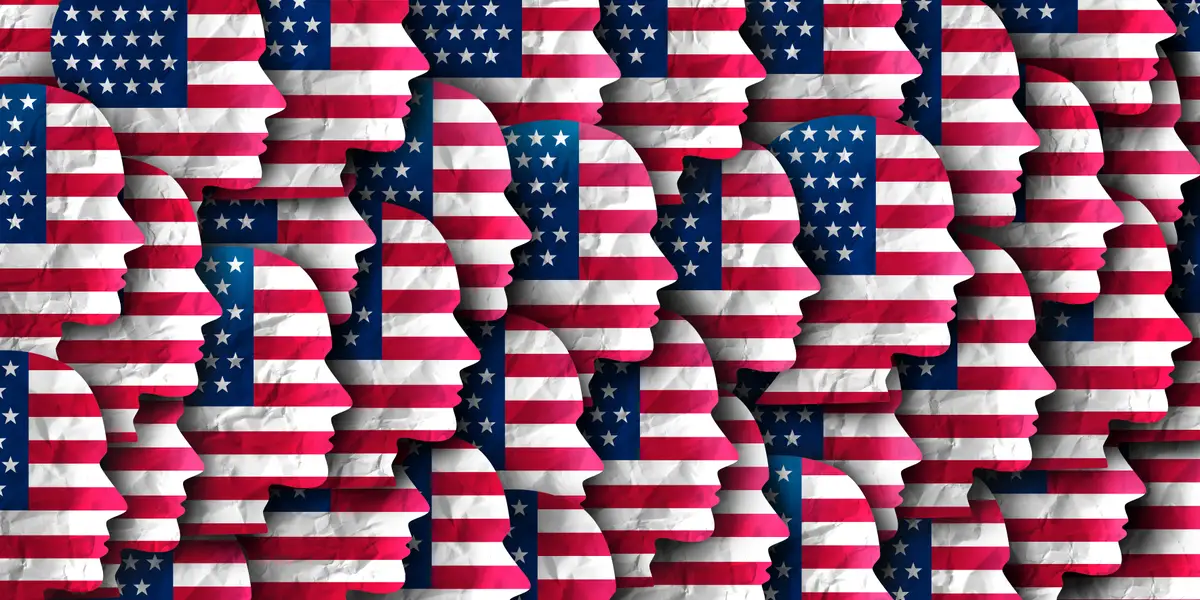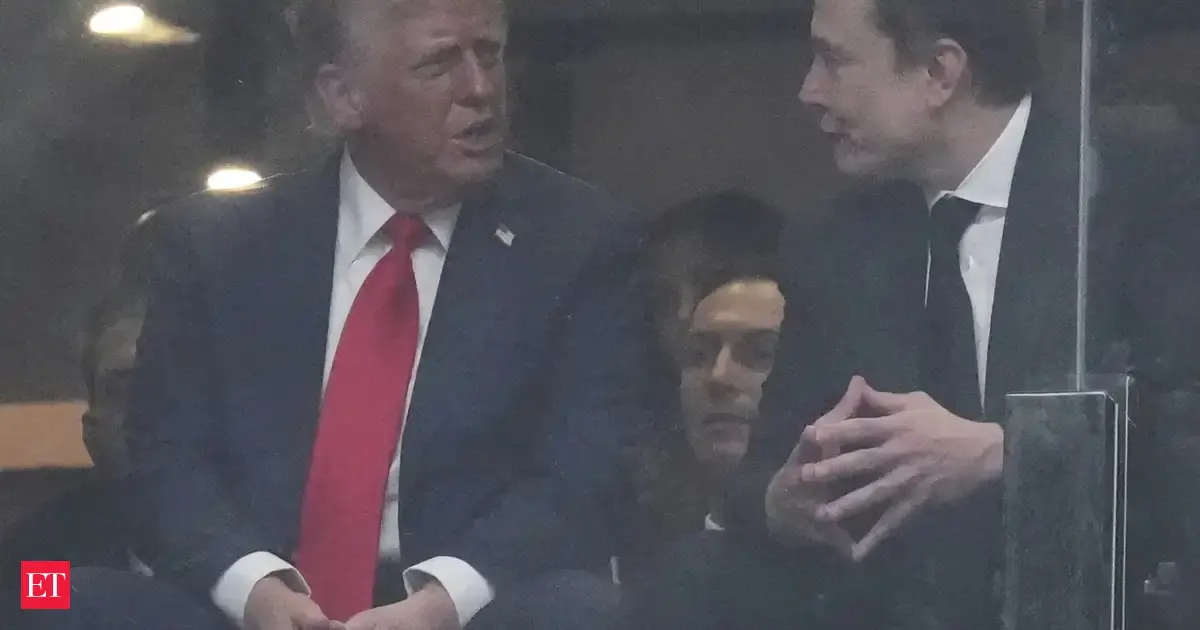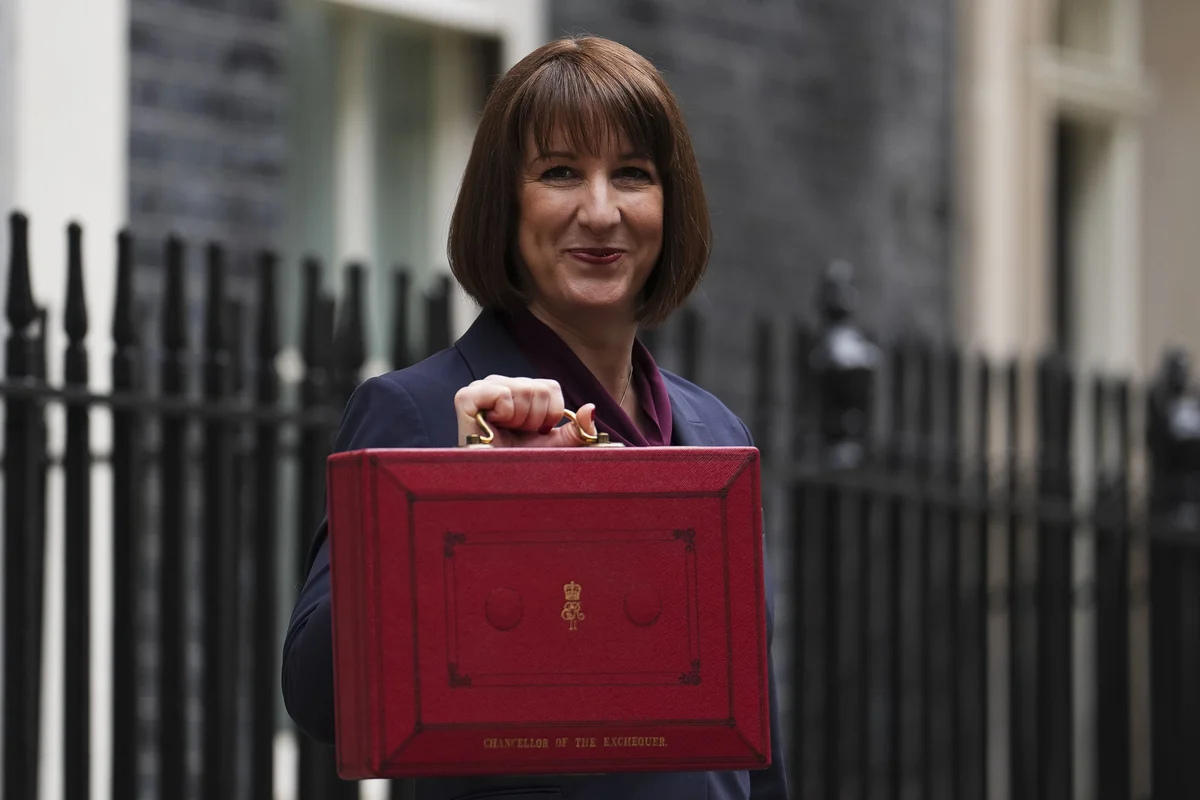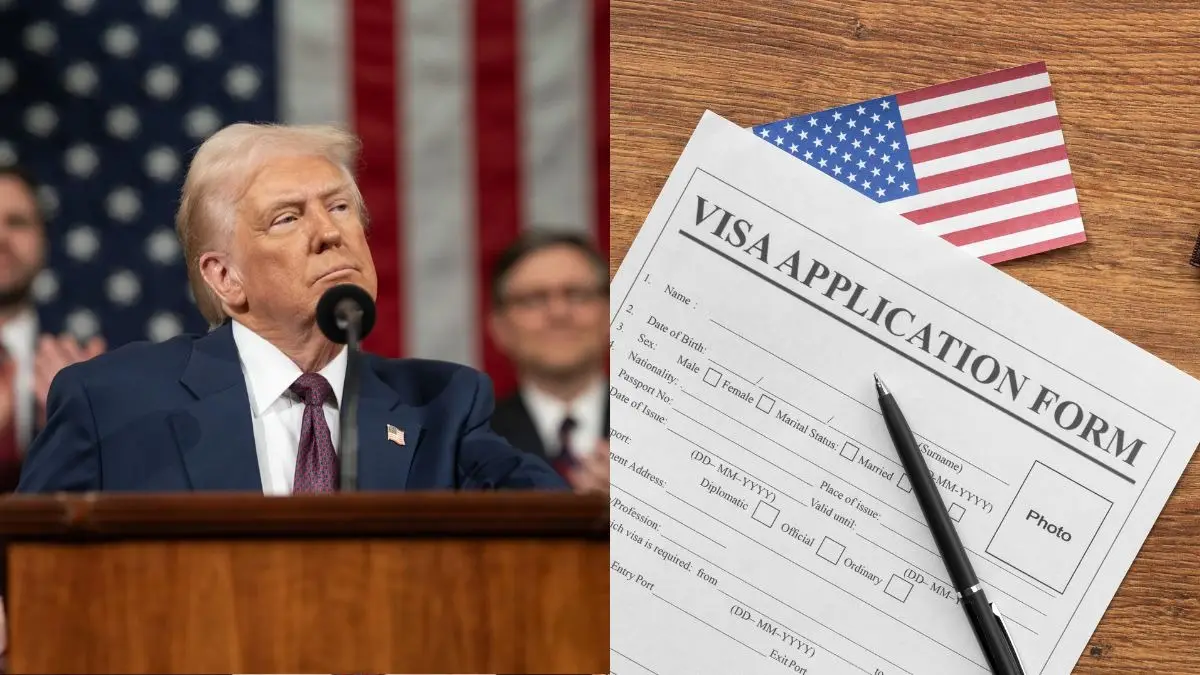
For US startups, the past few days have felt like whiplash. President Donald Trump’s $100,000 H-1B fee threw founders and their employees into chaos, and a fresh proposal to overhaul the visa lottery has left founders fearing they can’t compete with deep-pocketed Big Tech companies for talent. Now, some young companies have frozen hiring as they scramble for clarity.
“We had an employee who’s been approved for H-1B, but he’s abroad, so we were very scared for him,” Aizada Marat, founder and CEO of Alma, a legal tech startup that advises startups on visa issues, told Business Insider. “He was supposed to fly in, and we said, ‘Let’s pause everything, let’s get more clarification.'”
The Trump administration unveiled a new proposal for the H-1B program on Tuesday that bases selection on skill level and wages.
The policy and the fee increase could eventually be overturned by courts, but the ambiguity makes it hard for companies to make hiring decisions, according to Matt Hoffman, head of talent at the venture firm M13. He has been busy fielding calls from startup founders.
“The concern with all these policies being rolled out fairly haphazardly is that people don’t have the certainty needed to make a significant investment,” Hoffman said. “Is there another shoe about to drop?”
Big Tech companies are by far the largest beneficiaries of the H-1B program in the US, led by Amazon, which received 14,667 visas this year. But the proposed changes will have an outsized impact on smaller startups, according to 10 founders and investors Business Insider spoke with.
“For Apple, Microsoft, or Google, $100,000 is peanuts,” Brian Hamilton, the founder of Sageworks (now Abrigo), wrote in an email.
“But if you’re running a small technology company in a city like Raleigh, Austin, Atlanta, or Denver, it’s a completely different story. The average salary for a software engineer in these places is closer to $130,000 to $150,000. Adding another $100,000 is like doubling the cost of an engineer.”
Marat says the new rules will make it harder for young startups to attract talent.
“We won’t be able to compete with other well-funded companies,” she said. “Years ago, even OpenAI was a small startup. What if this rule prevents future OpenAIs and Anthropics from happening?”
Crustdata founder Chris Pisarski is having one-on-one calls with his H-1B employees. He thinks the policy will cause a skill gap in international hires: Startups will invest in senior-level talent, but stop bringing in younger employees.
“If you’re going to bring someone on that’s entry-level, that’s $60,000 a year, are you going to pay $100,000?” he said. “I don’t think any companies will do that.”
Some tech founders welcome the H-1B changes
Congress created the H-1B program in 1990 to allow American companies to temporarily hire highly skilled foreign workers for jobs that employers say can’t be filled by US talent.
Related stories
Business Insider tells the innovative stories you want to know
Business Insider tells the innovative stories you want to know
The biggest startups use the program the most, though it is a fraction of their overall workforce, according to government data obtained by Business Insider. TikTok owner ByteDance has the most H-1B approvals by far this year, with 1,360 slots. Databricks came in second with 248, then Stripe at 151, and OpenAI at 76.
In his executive order, President Donald Trump said that the H-1B system has been “deliberately exploited to replace, rather than supplement, American workers with lower-paid, lower-skilled labor.” He pointed to IT outsourcing firms as the worst offenders, accusing them of undercutting American wages.
Some prominent tech executives have praised the changes, with Netflix cofounder Reed Hastings posting on X that the new fee is a “great solution” that will reserve H-1B visas “just for very high value jobs.” (Netflix was approved for 208 H-1B visas this year. It employs around 14,000 people worldwide.)
Marvin von Hagen, a cofounder of the Interaction Company of California, an AI agent startup, is also a fan.
“A lot of people in our circles see this as a positive because it has become easier to get a visa,” von Hagen said. “You just need to pay.”
Ben Nasarin, a general partner at Tenacity Venture Capital, says the new rules will force startups to only use H-1B visas for the hardest-to-fill roles, which was the original intent of the program.
“I don’t believe startups consciously ignored US candidates, but the H-1B program made it easier to treat international and US candidates equally,” Nasarin said. “Now they will have to focus more on local talent, and that’s not a bad thing.”
The AI talent wars have made eye-popping compensation packages the norm in Silicon Valley. To Shawn Shen, the CEO and cofounder of San Francisco AI startup Memories.AI, an extra $100,000 fee is well worth it for the right person.
“Talent is the single most important thing for startups now — if one person can execute really, really well, I think an additional $100,000 would be a small portion of their total value,” he said.
That doesn’t mean Shen’s startup hasn’t been impacted. His cofounder, Ben Zhou, is on an H-1B and was on his way back from a family trip to China when he learned of the new fees. His flight arrived in the US only hours before the Trump administration’s deadline. (The White House has since clarified that the fees don’t affect current H-1B holders.)
Shen thinks that for many founders outside the US, alternatives like the UK could become attractive. He says the visa process there is already a lot easier for them since it doesn’t involve a lottery system like in the US.
There are signs that international tech hubs are taking advantage of the chaos: The UK is now considering scrapping visa fees for top talent, according to a Financial Times report.
Ash Arora, a partner at LocalGlobe, said the new H-1B fees will push top talent from India to other hubs like the UK — even after the White House’s clarifications.
“Clarifications don’t matter,” she said. “Indian talent now sees US immigration as uncertain. People don’t wait to see what will happen; they are risk-averse and will optimize for control.”
The O-1 alternative
Most founders Business Insider spoke to said they would probably not hire more US workers if H-1B visas become scarcer and more expensive.
Marat says that when she posts a job on LinkedIn, 90% of the applicants are outside the US, and those who are US citizens often lack the advanced computer science skills required.
“They’re not passing the rigorous interviewing process we have,” Marat said. “As a startup, you need to survive, you need to grow, and you just try to hire the best talent. There’s nothing involved other than merit.”
Marat said she will likely pursue other types of visas. One particularly popular with startups is the O-1, which allows people with “extraordinary ability” to work for up to three years.
Composite, an AI browser startup, is less affected by the changes because it has “leaned on alternative visa pathways that are more aligned with the needs of fast-moving startups,” cofounder and CEO Yang Fan Yun wrote in an email. The company is sponsoring more O-1s or EB-1s, which “offer more flexibility and a clearer path to permanent residency,” Fan Yun wrote.
Other founders note that the talent pool for engineers was already limited under existing H-1B rules.
“We will likely push to get employees O-1 visas instead now,” Jaspar Carmichael-Jack, CEO of Artisan, wrote in an email, adding that another alternative is avoiding the hassle and expense of US visas. “I know of some founders who are now hiring the same employees offshore and paying less.”
The scarcity of US engineering talent is why Jonathan Rat, cofounder and CEO of Archy, says he will keep hiring overseas, with the understanding that new hires will not relocate to the US.
“Now it’s going to be, ‘We will hire you, but we are not going to sponsor your visa, and you will have to stay where you are,'” he said.



